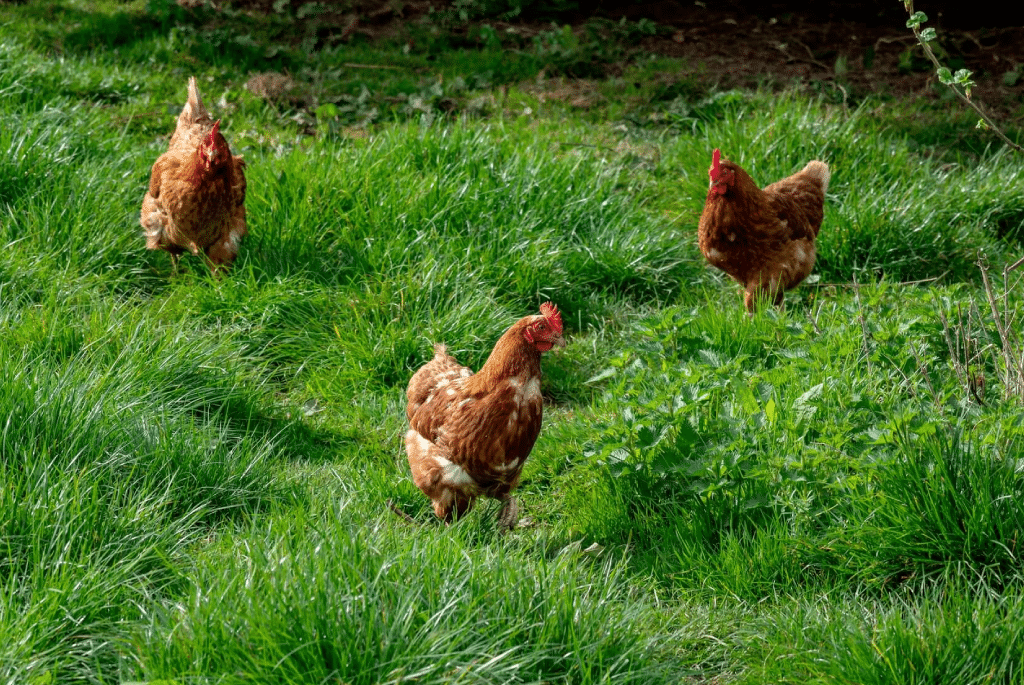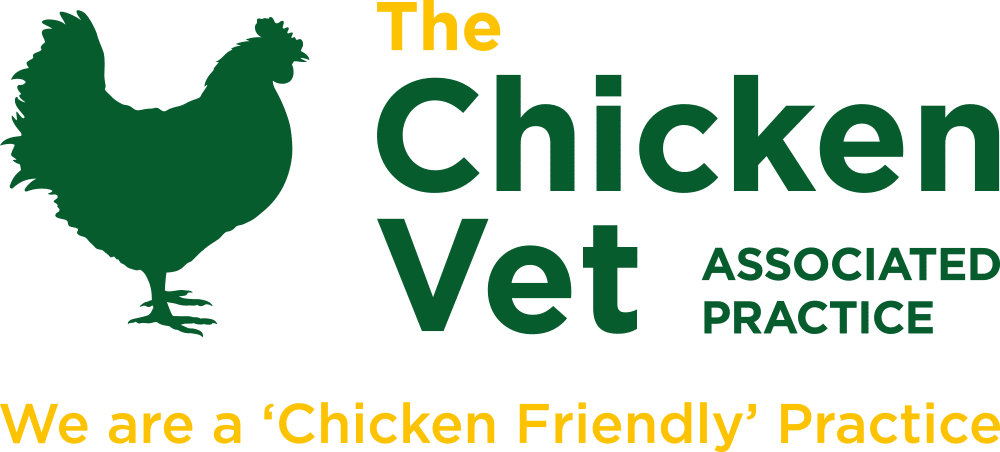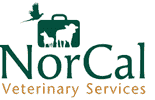A combination of favourable conditions and high numbers of migrating birds mean that we are yet again seeing cases of avian influenza (AI) in the UK. New rules come into force on the 14th December 2020 which require all poultry keepers, whether you have just a few birds or thousands, to keep birds indoors or otherwise separate from wild birds. You should also reinforce your biosecurity – e.g. by cleaning and disinfecting clothing, footwear, equipment and vehicles before and after contact with birds, and ensure all feed and water is not accessible to wild birds.
Avian influenza can be high pathogenic (HPAI) or low pathogenic (LPAI). While the high pathogenic type is more severe, the signs to look out for are similar with both types:
- Respiratory signs e.g. coughing, sneezing, gaping or other strange noises
- Changes in appetite and production
- Swollen or discoloured head
- Unexplained mortality
Anybody who keeps poultry, from commercial producers to those with a couple of pet hens, has to keep a close eye on their birds and if you have any concerns you must contact the practice. If you find dead wild waterfowl (swans, geese or ducks) or other dead wild birds, such as gulls or birds of prey, you should report them to the Defra helpline (03459 33 55 77).




